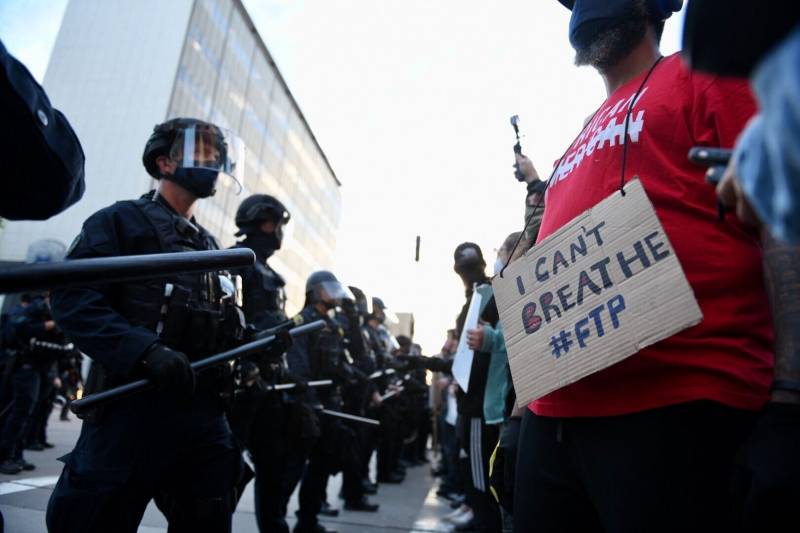More than a dozen Bay Area jurisdictions have imposed curfews as daily protests continue against police violence throughout the region following the killing of George Floyd in Minneapolis by a police officer on Memorial Day.
Over the weekend, Bay Area localities began announcing curfews, one after another. Though some cities have announced they will be lifting curfews, including San Francisco and San Jose, the orders are still prompting many questions from residents — both from those who are participating in protests and those who aren't.
We're answering questions from our readers about the recently imposed curfews. Curfew guidelines may vary from county to county, so check with your jurisdictions's website for the most specific information:
- Which Bay Area jurisdictions are under curfew?
- Who is exempt from the curfews?
- What will happen if I'm out past curfew?
- What should I do if I'm cited or arrested?
- Can I walk my dog? Can I go outside for a reason not listed as exempt?
- Can businesses stay open during curfew hours?
- What is the link between locking down entire cities and preventing property damage?
- Who has the authority to impose a curfew?
- Who is pushing back against curfew orders?
- Can I take action if I want the curfew to end?
Still have questions about curfews? Ask us here.
Which Bay Area Jurisdictions Are Under Curfew?
Here's an updated list.
Who Is Exempt From the Curfews?
Check your locality’s announcement for specific exemptions. However, most Bay Area cities and counties exempt:
- Police officers, firefighters, emergency operation employees or any other responding personnel deployed to the area.
- People who can "establish to the satisfaction of a peace officer" that they are outside for the sole purpose of traveling to a home or workplace or to seek medical assistance.
- Authorized journalists and employees of media organizations.
- People experiencing homelessness.
What Will Happen If I'm Out Past Curfew?
If you're stopped by police and they determine you're not exempt from the curfew, the officer could issue a citation or make an arrest. According to the San Francisco Police Department when the city was under curfew, people could be booked rather than cited and released if the police determines there was a likelihood the offense or offenses would continue or that "the safety of persons or property would be imminently endangered by the person arrested."
Here is the National Lawyers Guild's pocket-size practical resource guide for people dealing with law enforcement, which is available in multiple languages.
What Should I Do If I'm Cited or Arrested?
If you need legal support for yourself or someone else, you can receive assistance by calling the National Lawyers Guild hotline at 415-909-4NLG. If you're inside a Bay Area jail, you can call 415-285-1011. Here is more information on legal support provided by the National Lawyers Guild.
Additionally, if you believe you were wrongfully cited or experienced police misconduct, you can file a complaint with the law enforcement agency.

